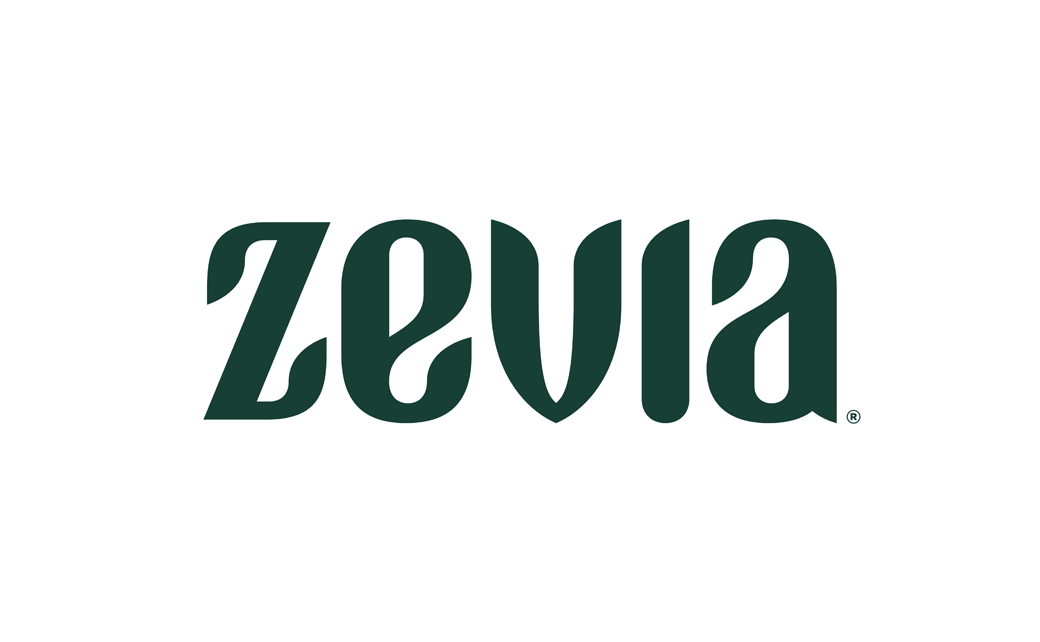5 Emerging Hiring Trends Every CPG Hiring Manager Needs to Know
The consumer packaged goods (CPG) industry is in the midst of substantial transformations. As companies continue to adjust to new market demands and technological advancements, hiring practices are evolving, too. For hiring managers in the CPG industry, staying on top of these trends is critical to attracting and retaining top talent in an increasingly competitive landscape. Below are five emerging hiring trends that every CPG hiring manager should be aware of as we look toward 2025.
The Rise of Fractional Executives in CPG
One of the most notable trends for 2025 is the increasing reliance on fractional executives in the CPG industry. As companies seek greater flexibility in leadership, fractional executives are becoming a go-to solution. These executives work part-time or on a project basis, providing companies with the leadership and expertise they need without the long-term financial commitment of full-time roles.
This trend is especially useful for CPG companies facing temporary challenges, such as navigating a product launch, entering a new market, or managing short-term projects. Fractional executives bring specialized experience in areas such as Supply Chain Management, Marketing, and Operations. Their expertise can help companies adapt to market fluctuations and rapidly scale, all while avoiding the overhead of a permanent executive hire. For example, a fractional Chief Marketing Officer (CMO) can help a company navigate a complex product launch while maintaining budget flexibility.

Skills-Based Hiring Over Traditional Experience
In a world where technology is reshaping the way CPG companies operate, the traditional approach to hiring based on years of experience or academic credentials is becoming less relevant. Instead, companies are increasingly prioritizing skills-based hiring. This means that candidates are evaluated based on their ability to perform specific tasks that align with the evolving demands of the industry.
CPG companies are focusing on hiring individuals with skills in data analytics, sustainability, and Supply Chain Management. With supply chain complexities being a major focus in the industry, candidates who bring technical skills and innovative solutions are becoming more valuable than those with a generic track record of experience. This shift also opens doors for younger professionals or candidates from non-traditional backgrounds, allowing them to make significant contributions to the industry.
Skills-based hiring enables CPG companies to build more agile, innovative teams that are better equipped to respond to rapid industry changes. It also ensures that the workforce stays up to date with the latest industry innovations, making this trend critical for success in 2025 and beyond.
AI and Automation in Recruitment
Artificial intelligence (AI) and automation are rapidly transforming the recruitment process in the CPG industry. These tools help companies screen resumes, conduct initial interviews, and predict candidate success, making the hiring process more efficient and data driven. By automating time-consuming tasks like scheduling interviews and sorting through resumes, AI allows human resources teams to focus on more strategic elements of recruitment, such as assessing cultural fit and long-term potential.
AI also has the potential to eliminate biases in hiring by providing standardized data-driven assessments. This ensures that every candidate is evaluated on their merits and abilities rather than unconscious bias, which is critical for fostering diversity and inclusion in CPG companies. Additionally, AI tools can predict which candidates are likely to succeed in a given role by analyzing past performance and matching skills to job requirements.
The speed and accuracy of AI-driven recruitment tools are particularly beneficial in the fast-paced CPG industry, where companies must quickly fill critical roles to adapt to shifting market demands. Automating parts of the hiring process can reduce the time-to-hire, cut costs, and improve overall hiring outcomes.
Emphasizing Cultural Fit in Leadership Roles
The importance of cultural fit has long been recognized in hiring, but in 2025, this emphasis will grow even more significant—especially in the CPG industry. Leaders who align with a company’s values and culture are more likely to inspire their teams, improve employee engagement, and drive long-term business success.
CPG companies are increasingly investing in tools and assessments to evaluate the cultural fit of executive hires. This is particularly important for leadership roles, as executives have a profound impact on company culture, which, in turn, affects brand reputation, employee retention, and consumer loyalty.
Hiring leaders who understand and embody the company’s mission can help ensure the workplace culture remains cohesive, innovative, and resilient. CPG companies are focusing on finding executives who not only have the technical expertise needed but also possess the emotional intelligence and leadership style that aligns with their organization’s values.

Tapping Into Talent Pools in Emerging Markets
As globalization continues to shape the CPG industry, companies are increasingly looking to emerging markets for talent. Regions like Southeast Asia, Latin America, and Eastern Europe are becoming key talent hubs for areas such as product development, technology, and supply chain management.
Tapping into these emerging markets allows CPG companies to access a broader range of skills and perspectives, often at a lower cost compared to local markets. In addition to cost benefits, hiring from these regions also brings fresh ideas and innovative approaches to product development and market expansion. By building teams across different regions, companies can strengthen their global reach and enhance their ability to adapt to diverse consumer needs.
The growing trend of hiring from emerging markets offers CPG companies a competitive edge, especially as they continue to expand their international operations. It also promotes a more inclusive and globally diverse workforce, which is crucial for innovation in today’s competitive market.
Conclusion
As the CPG industry continues to navigate market shifts and technological advancements, hiring managers must stay ahead of emerging trends to remain competitive. By adopting strategies like engaging fractional executives, focusing on skills-based hiring, leveraging AI in recruitment, emphasizing cultural fit, and tapping into emerging markets, CPG companies can build teams that are agile, innovative, and prepared for the future.
Understanding these trends and integrating them into recruitment strategies will ensure that your organization remains adaptable and ready to succeed in 2025.





.jpg?width=352&name=Finance%20Leader%20Photo%20(1).jpg)












